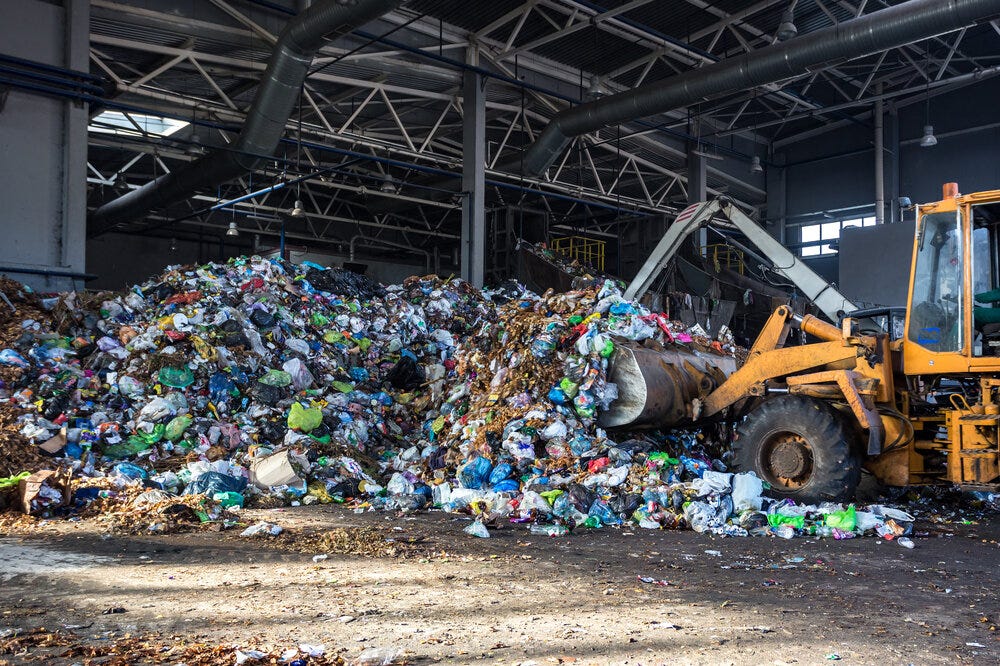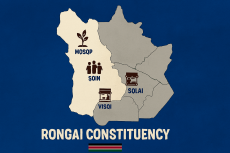- Like many developing countries in Sub-Saharan Africa, Kenya faces significant challenges in waste management, including overflowing landfills and improper disposal of solid waste.
Recycling, often considered a simple act, is significant in nurturing our planet and creating a safe, healthy, and habitable place for humankind.
This article explores the importance of recycling and how individual and community participation in waste management programs and initiatives can have remarkable environmental benefits.
With a focus on Kenya's waste management challenges, including electronic and plastic waste, this article highlights the efforts undertaken by the government and organizations to address these issues and promote sustainable practices.
Like many developing countries in Sub-Saharan Africa, Kenya faces significant challenges in waste management, including overflowing landfills and improper disposal of solid waste.
Plastic waste, in particular, threatens the ecosystem and pollutes rivers and oceans. Despite having a legal and policy framework, Kenya's efforts to address waste disposal could be more consistent.
Read More
To tackle the growing concern of electronic and plastic waste, the Kenyan government has introduced initiatives such as the Waste Electrical and Electronic Equipment (WEEE) program.
This program aims to collect and recycle used electronics, reducing the accumulation of e-waste in landfills. By offering a sustainable solution for electronic recycling, the WEEE program helps alleviate the strain on landfills and promotes responsible e-waste management.
To ensure the meaningful impact of waste management programs, organizations like the Kenya Association of Manufacturers (KAM) play a crucial role. KAM, a trade organization based in Nairobi, represents Kenyan manufacturers and advocates for sustainable manufacturing practices.
By creating awareness and promoting responsible consumption within the manufacturing industry, KAM contributes to reducing waste generation and promoting sustainable production methods.
Individual choices and actions are at the heart of positive change and sustainability. The phrase "charity begins at home" emphasizes the importance of personal and community involvement in promoting responsible use and sustainability.
Local communities often organize clean-up events, where members actively engage in environmental conservation activities such as litter collection, street sweeping, sorting recyclable materials, and participating in public awareness campaigns.
In summary, recycling offers essential environmental benefits, including waste reduction and diversion. Governmental organizations like the WEEE program contribute to addressing specific waste challenges, such as e-waste.
Meanwhile, organizations like KAM promote sustainable manufacturing practices. However, individual and community involvement in responsible consumption and recycling cannot be underestimated.
By collectively embracing recycling and responsible use, we can create a cleaner, greener, and more sustainable future for ourselves and future generations.



-1770826318-md.jpg)



-1770803686-md.png)

-1770826318-sm.jpg)


